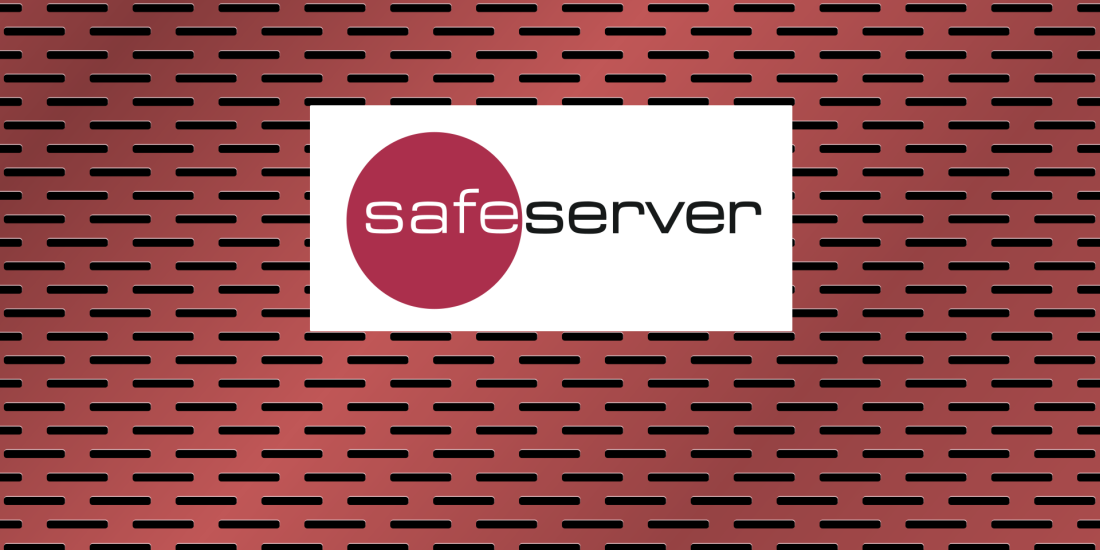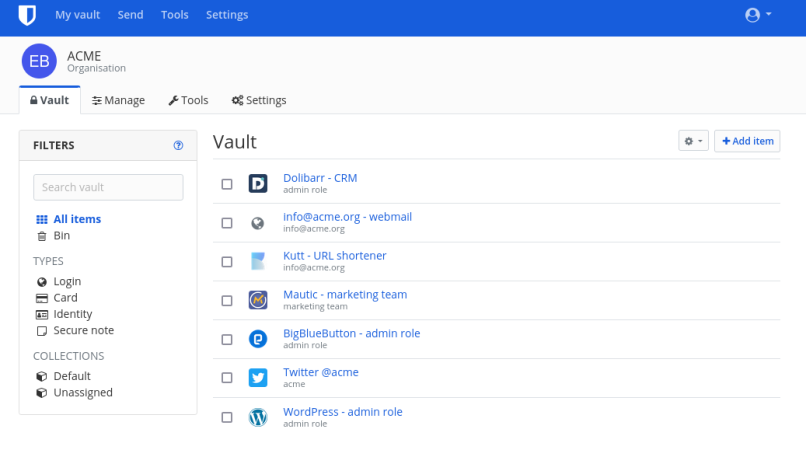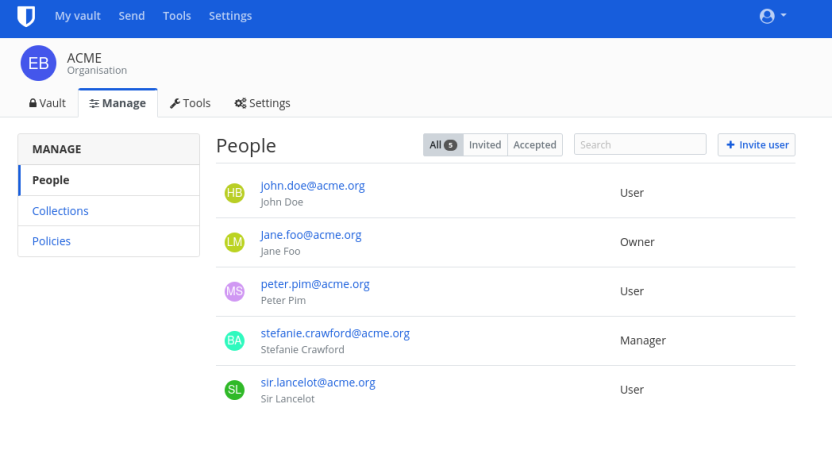Remember those yellow post-its on monitors? Most of the time, they “hide” the secret password for your user account. Sharing secrets was easy. Passing the note to your teammate solved the problem of shared accounts.
Later, the first digital solutions came around the corner. Do you remember solutions like PGP to encrypt the password and send it by mail to the teammates?
In 2003, the first version of KeePass, an encrypted secrets' database, saw the light of day. It was a nice piece of evolution in the history of storing secrets.
Later, the first software-as-a-solution companies launched their services. You may remember LastPass or 1Password. It was easy to store all your secrets on their cloud-based infrastructure and share credentials with your teammates. But didn’t you ever have concerns about trust in privacy or encryption? To be fair. I used 1Password on my Apple hardware for years. It’s a nice little piece of software for my daily work.
Bitwarden for storing and sharing secrets in a self-hosted way
In 2016, Bitwarden Inc. introduced Bitwarden, the first service as open source software, like those of 1Password and LastPass. Bitwarden has everything for self-hosters. An open source server component, a huge set of clients for various desktop and mobile operating systems, and add-ons for the most popular browsers.



